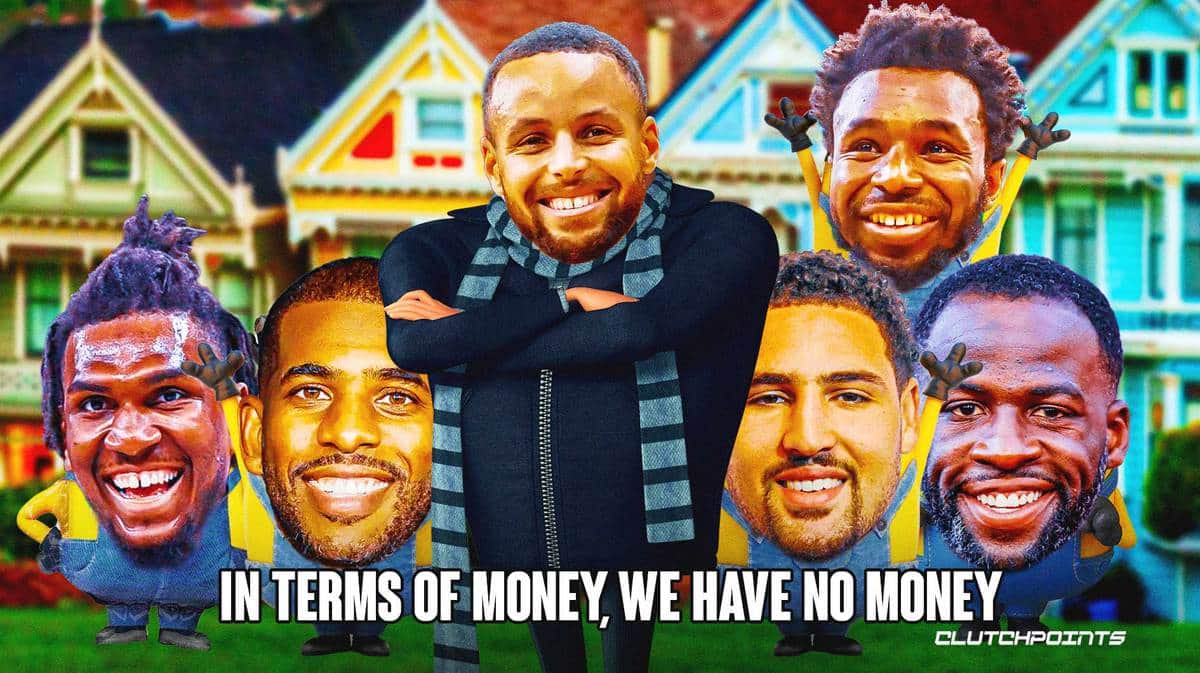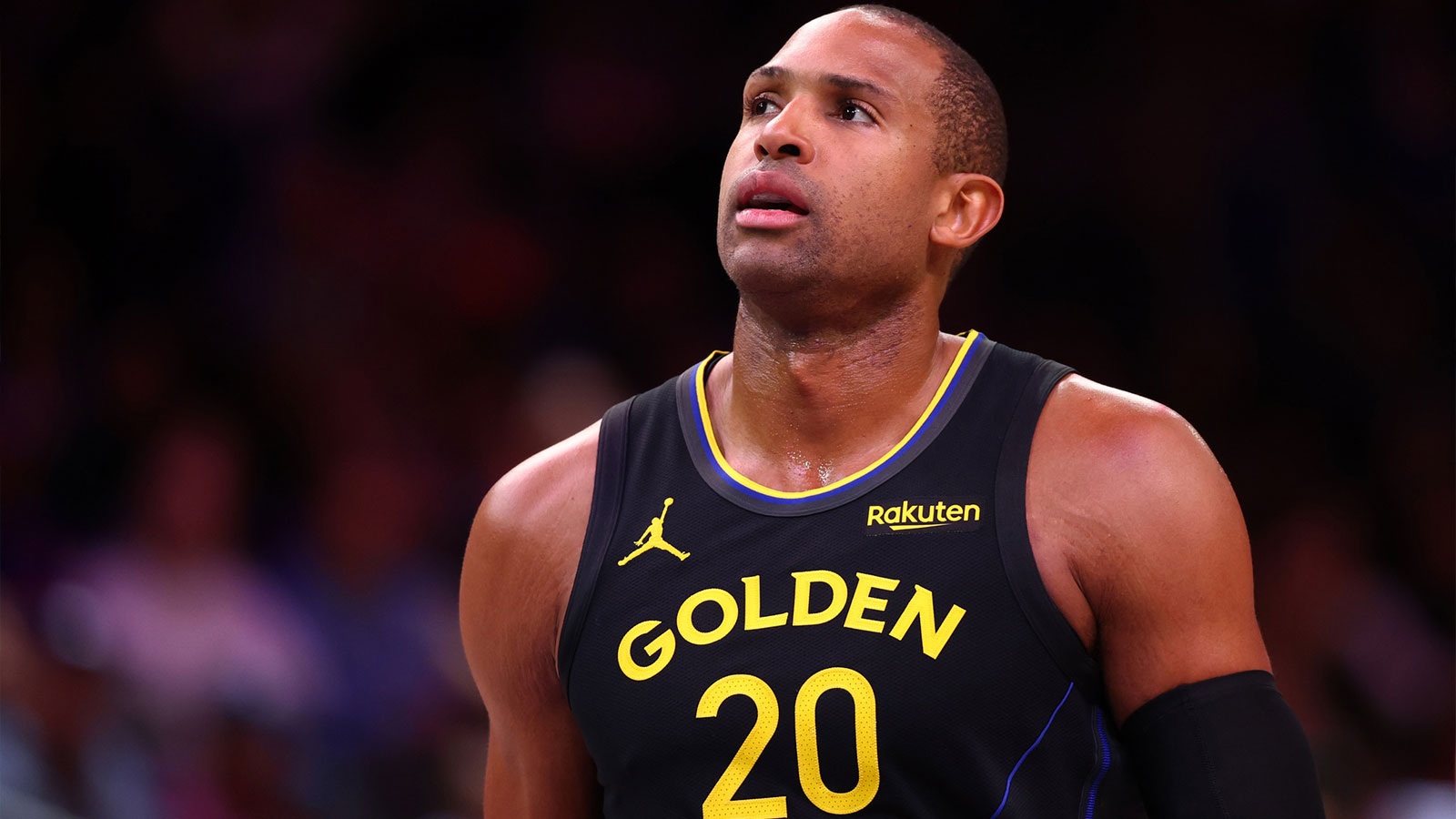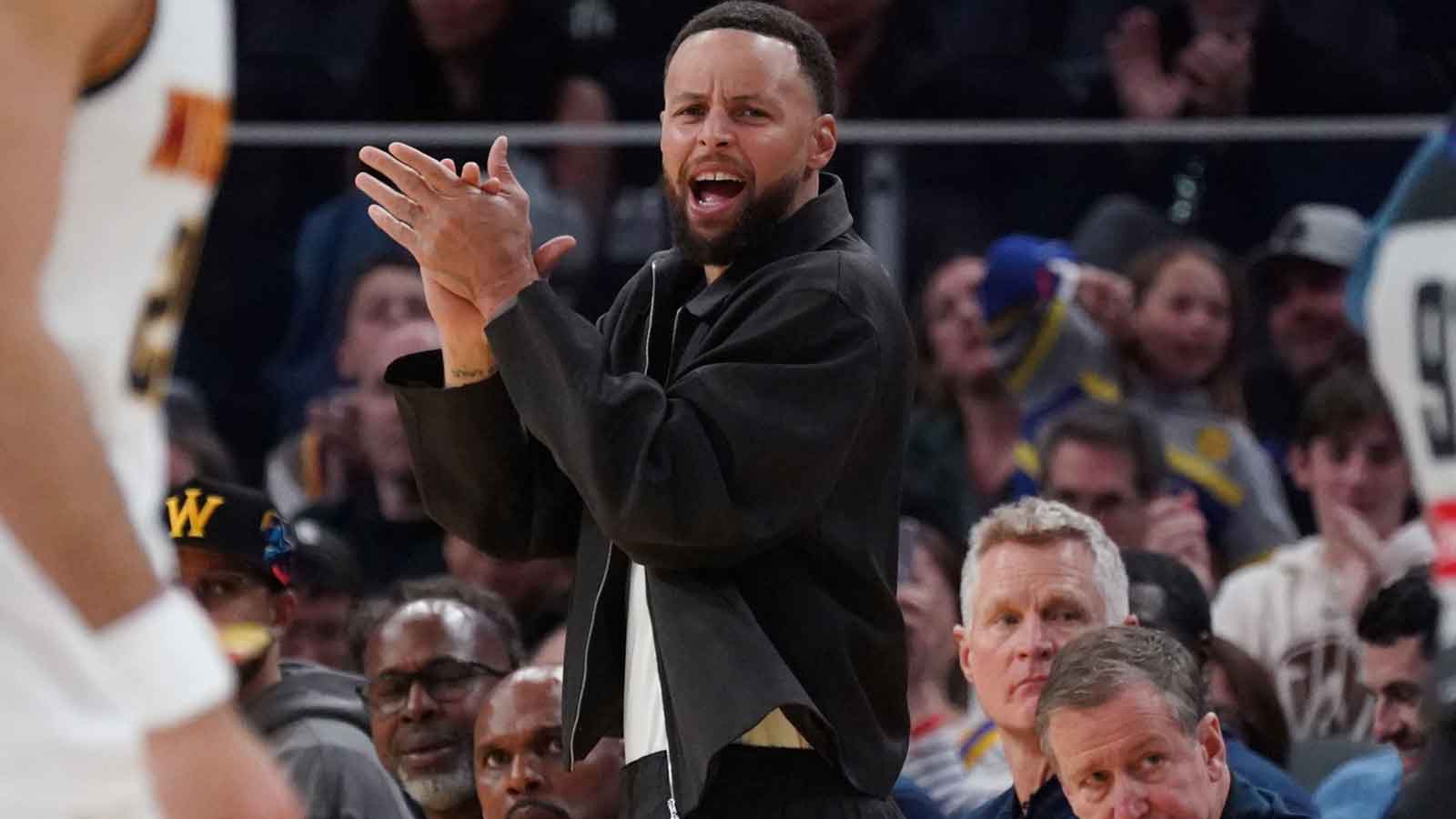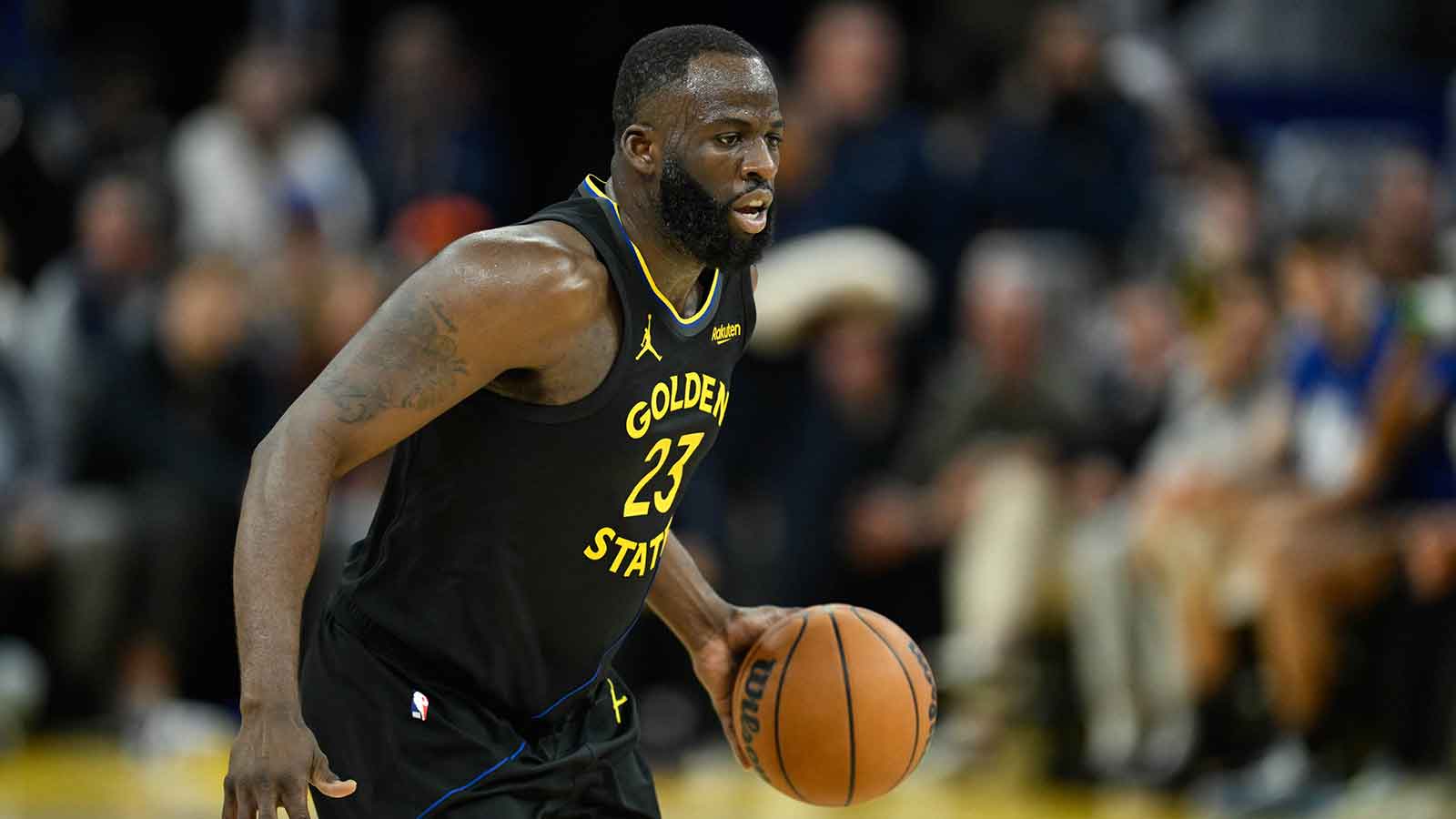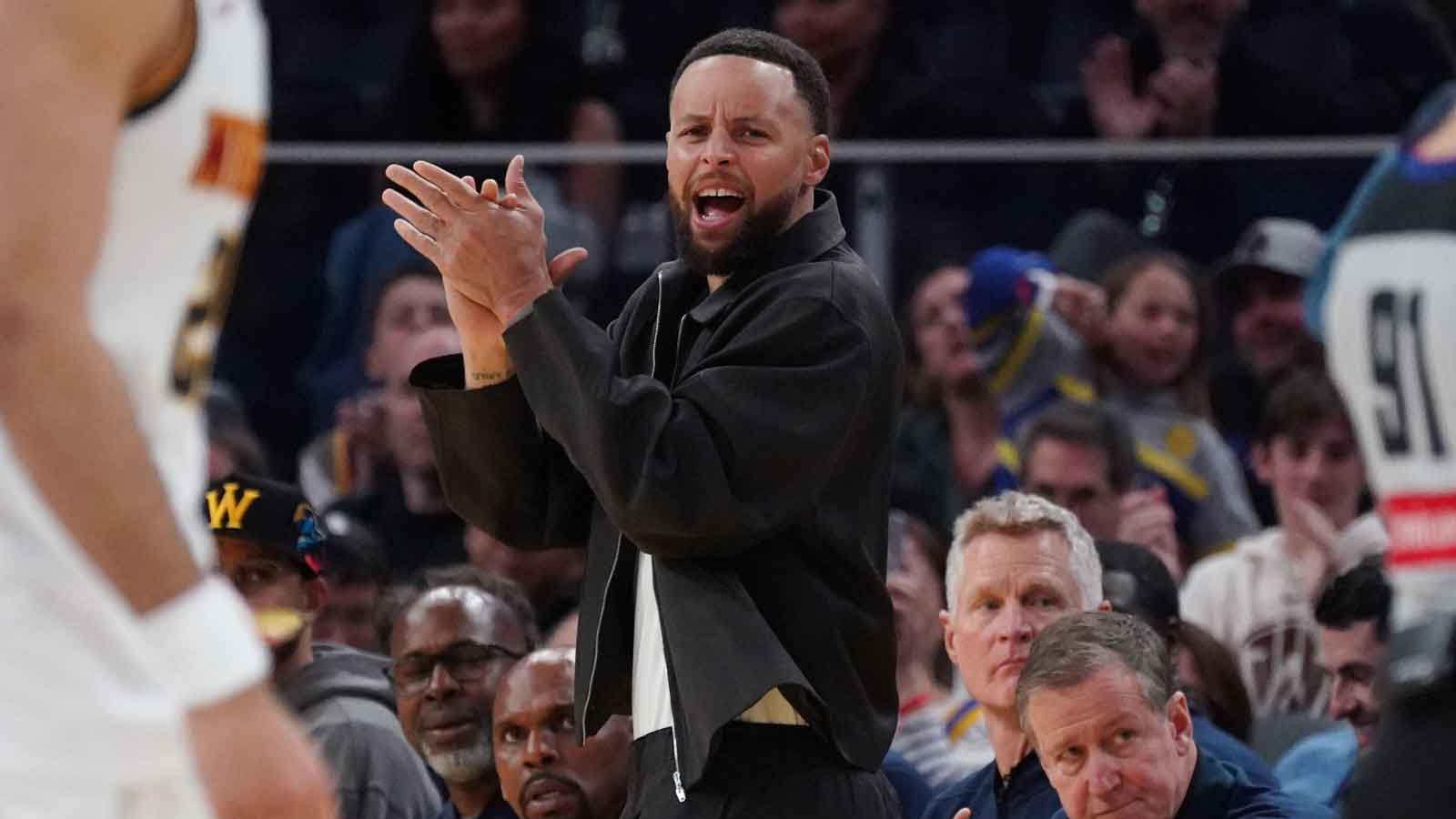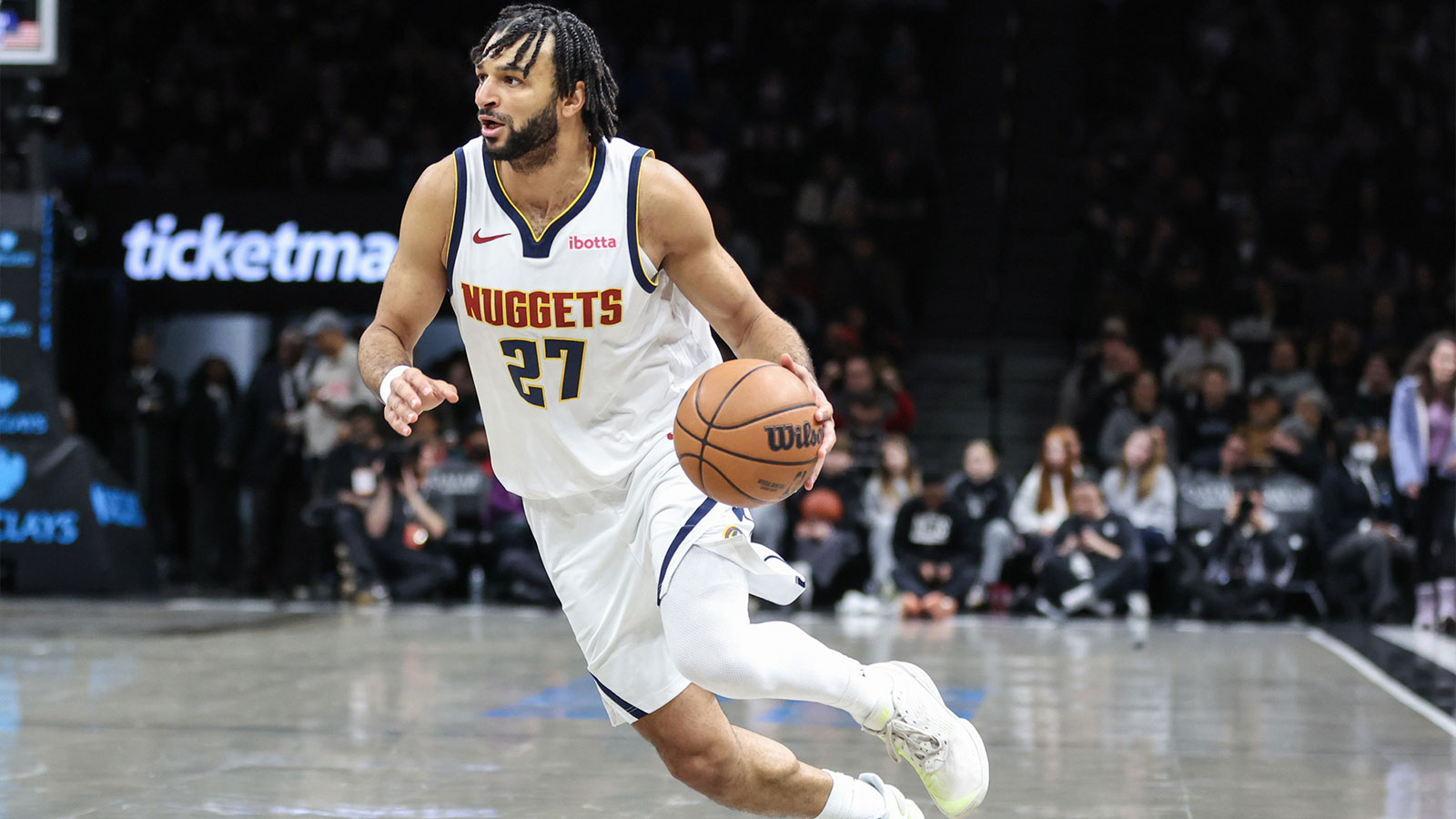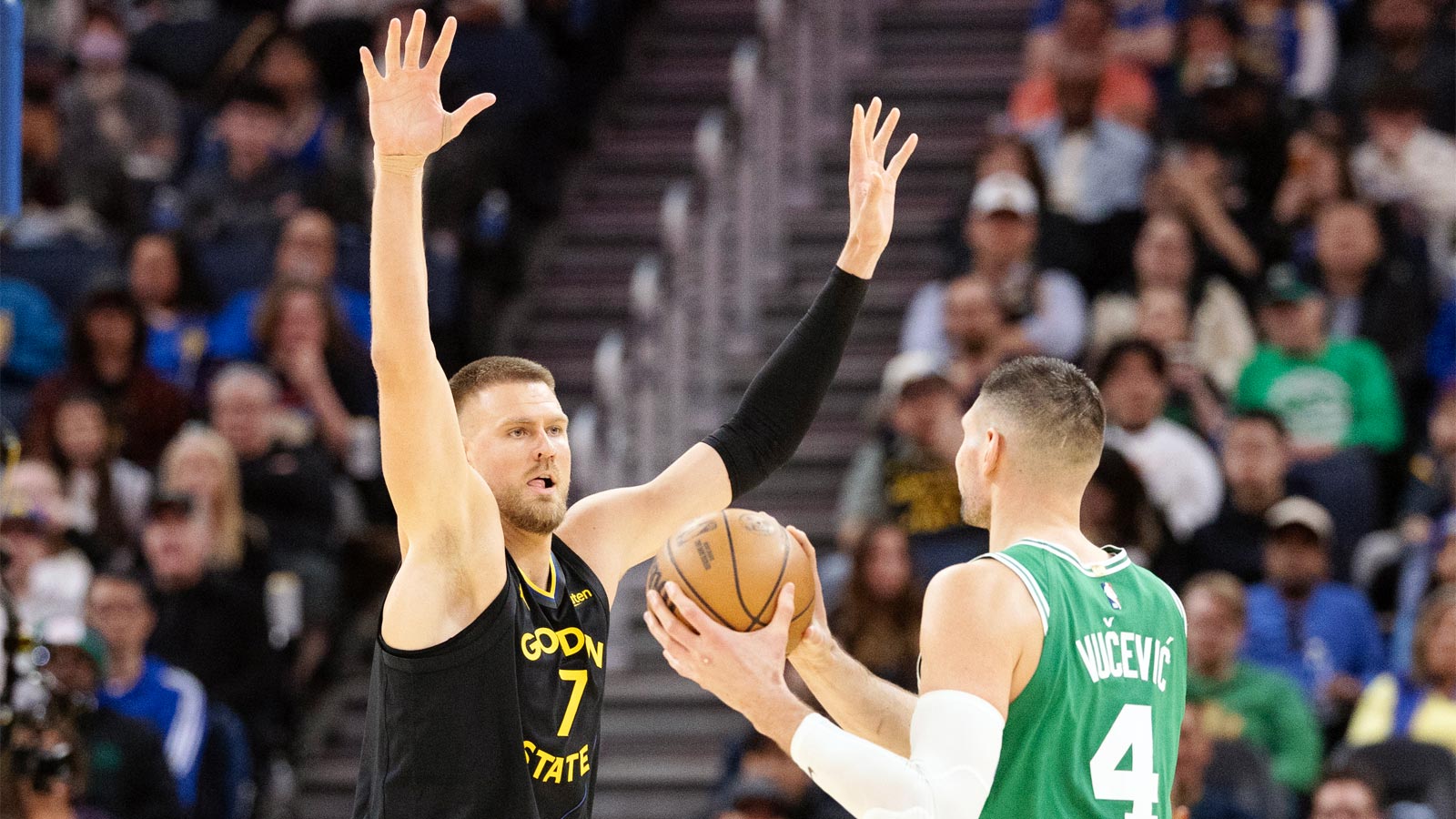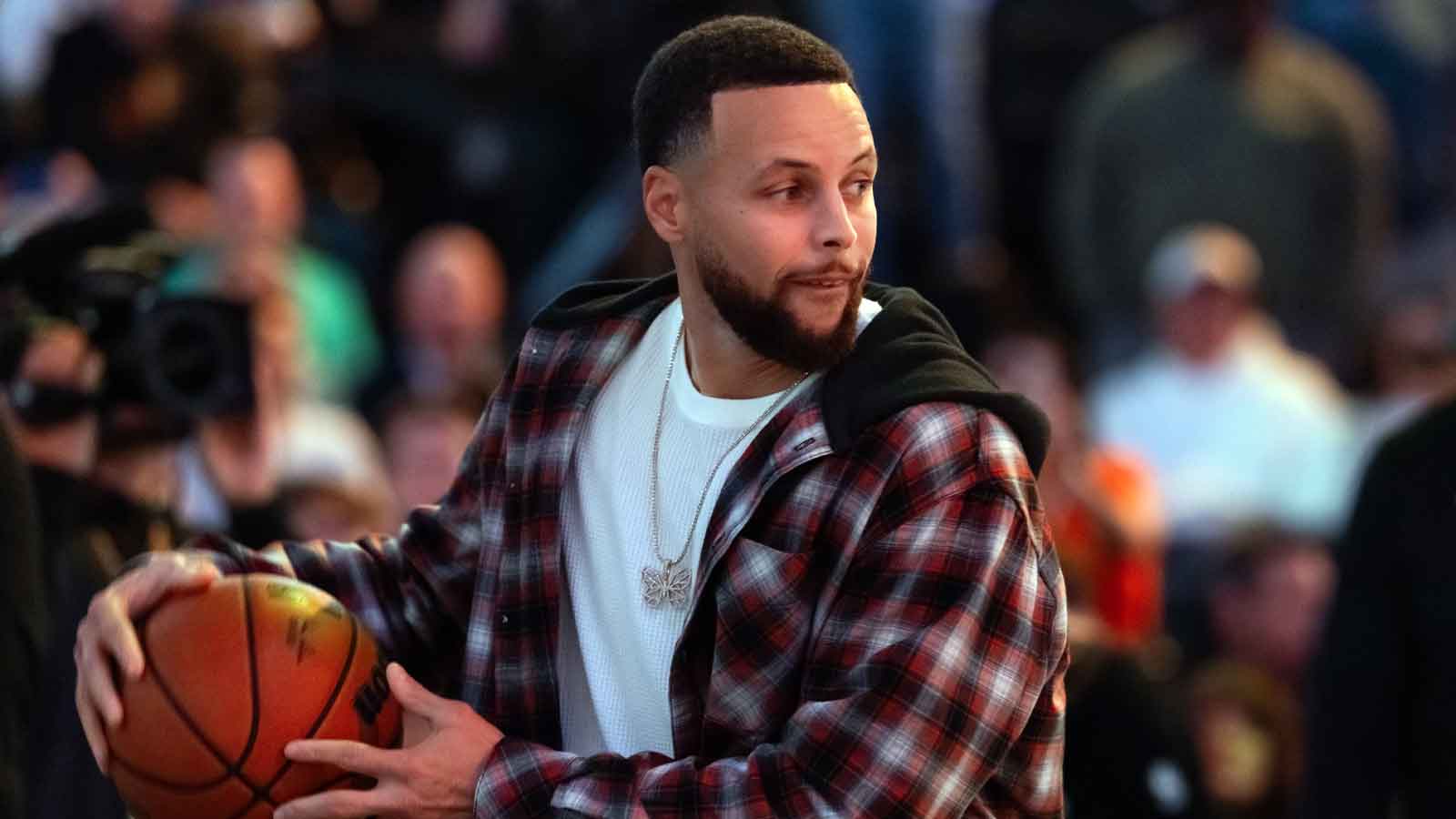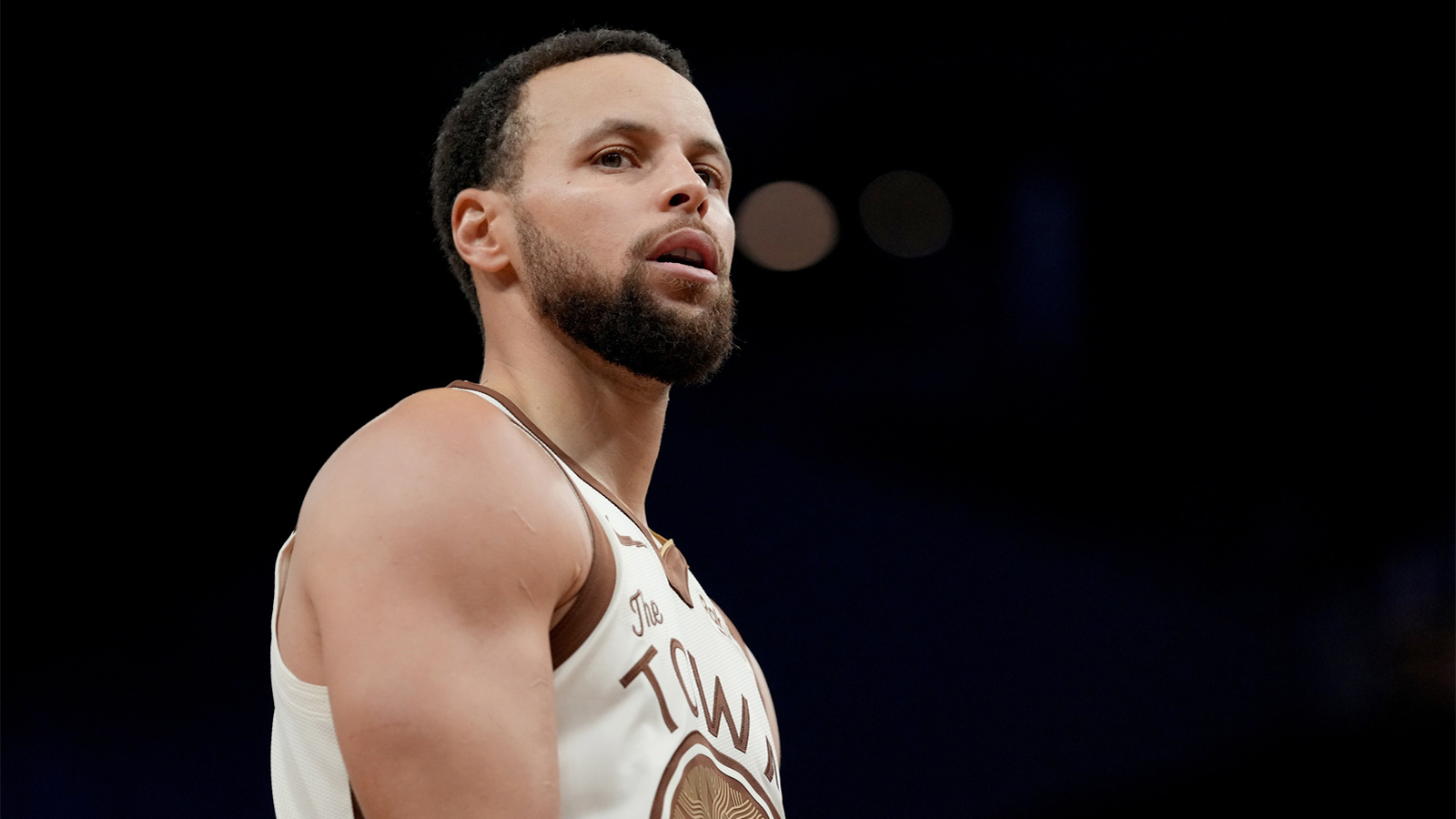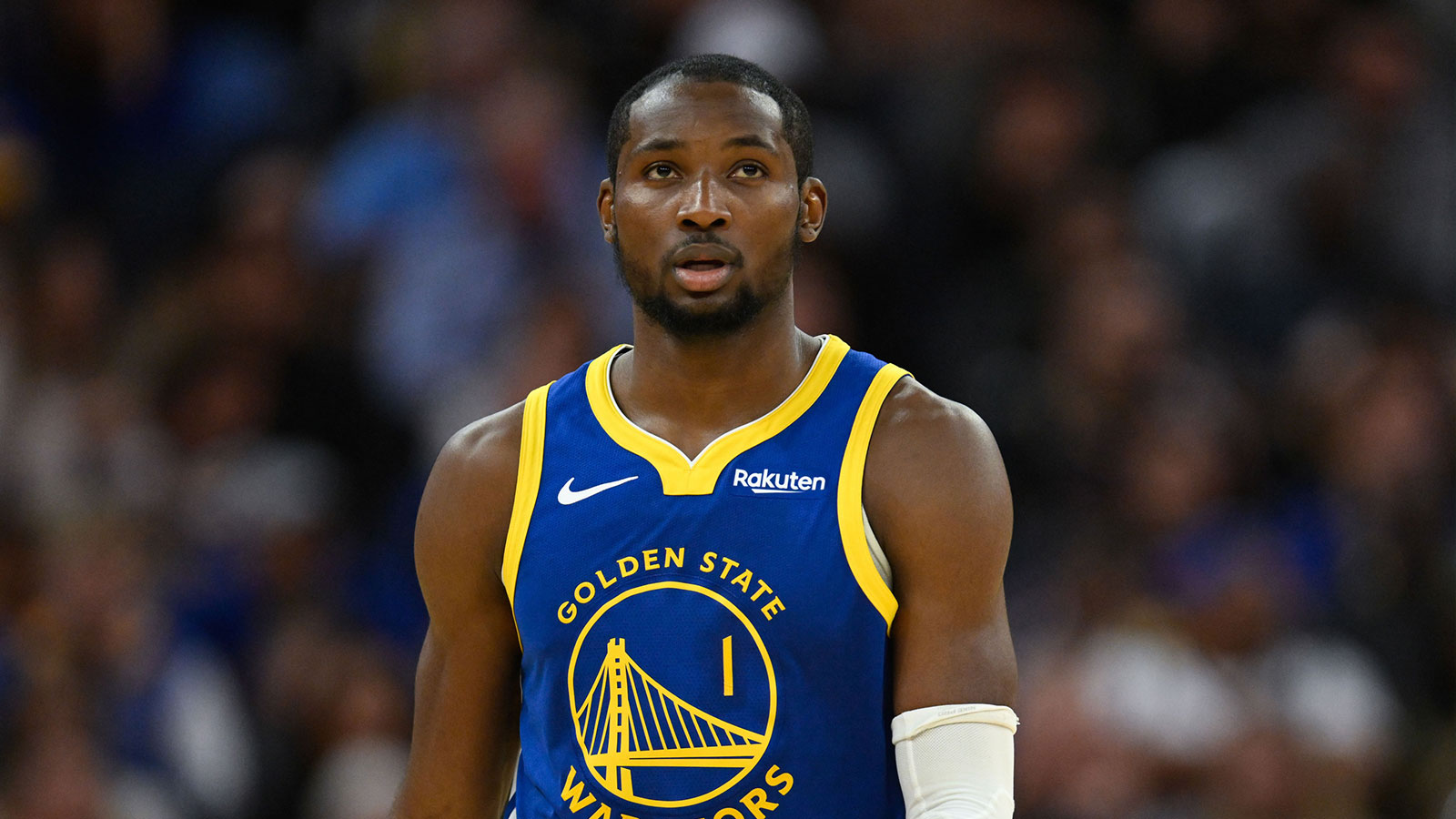At first glance, it seems like the Washington Wizards pulled a fast one over the Golden State Warriors, squeezing them dry in the trade that sent Chris Paul to the Bay in exchange for Jordan Poole. The Warriors ended up trading away, in addition to Poole, Patrick Baldwin Jr., the team's first-round pick in 2022, a 2030 first-round pick, and a 2027 second-rounder, which, on the surface, certainly looks like a huge price to pay for a rapidly aging Paul.
However, such is the price of doing business in today's NBA, given the repercussions of the league's new CBA. As Jake Fischer of Yahoo! Sports noted, trading for Paul and his non-guaranteed contract for the 2024-25 season, could save the Warriors around $30 million in salary obligations. Poole's huge contract was set to kick into the Warriors' books starting next season, but instead, dealing him away eases the future financial burden of the franchise.
Moreover, trading away Patrick Baldwin Jr., which netted the team the 57th pick of the 2023 NBA Draft, Trayce Jackson-Davis, also helps the Warriors “save $1.2 million on its cap sheet and upward of $7 million in luxury tax savings,” as Fischer noted.
The institution of harsher luxury tax penalties (lack of access to the midlevel exception and difficulties matching salaries in trades) in the coming seasons should bring forth more of these kinds of moves from high-spending teams such as the Warriors.
The Los Angeles Clippers are another such example of a team that could soon be making cost-cutting moves. Even the Miami Heat were wary of the new CBA rules, refusing to trade for Bradley Beal out of concern for what it would mean to their future cap sheet.

